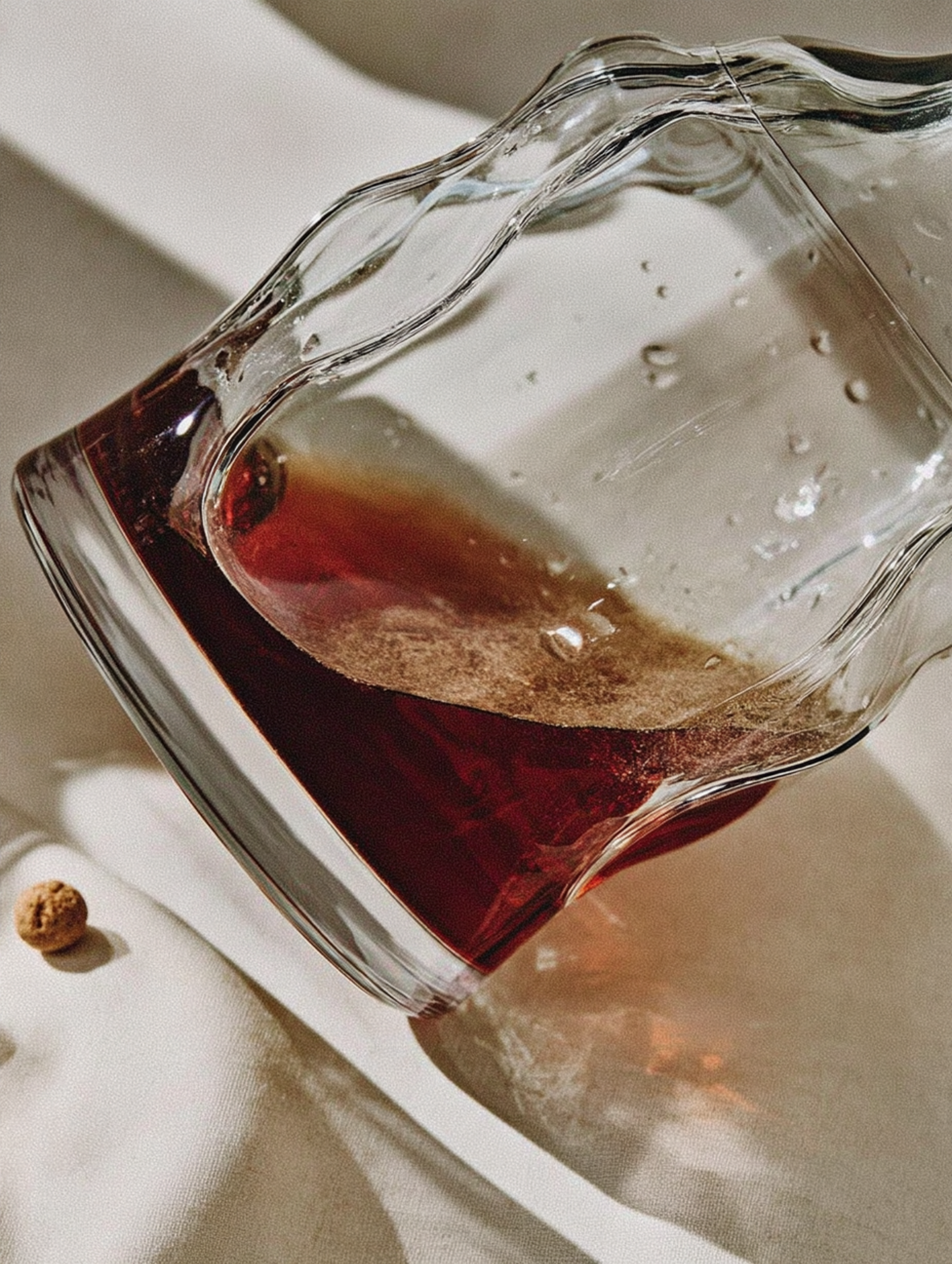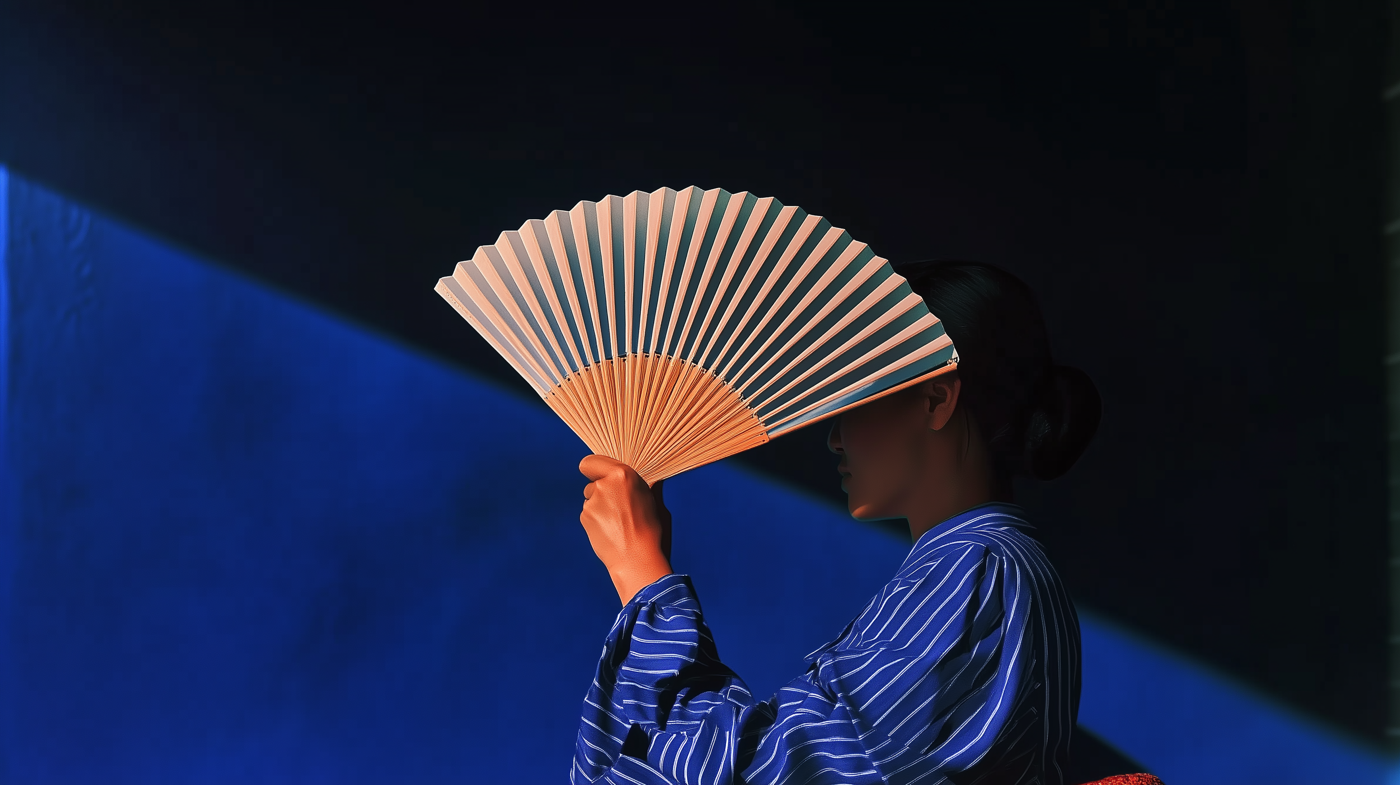404

Retail & Luxury Goods
4 Sept 2025
9 min read
Bottoms Up: Why Premium Alcohol Brands Must Rethink Relevance

News
5 May 2025
3 min read
Mandarin Oriental Partners With Matter Of Form To Reimagine Brand Loyalty

News
17 May 2024
2 min read

Retail & Luxury Goods
4 Sept 2025
9 min read

News
5 May 2025
3 min read

News
17 May 2024
2 min read
404